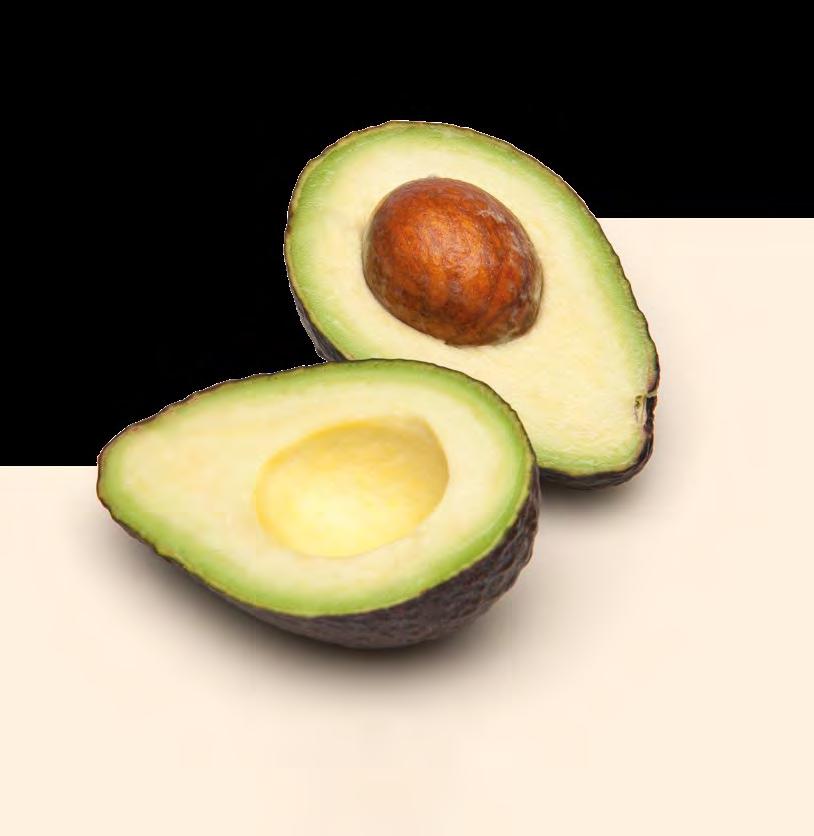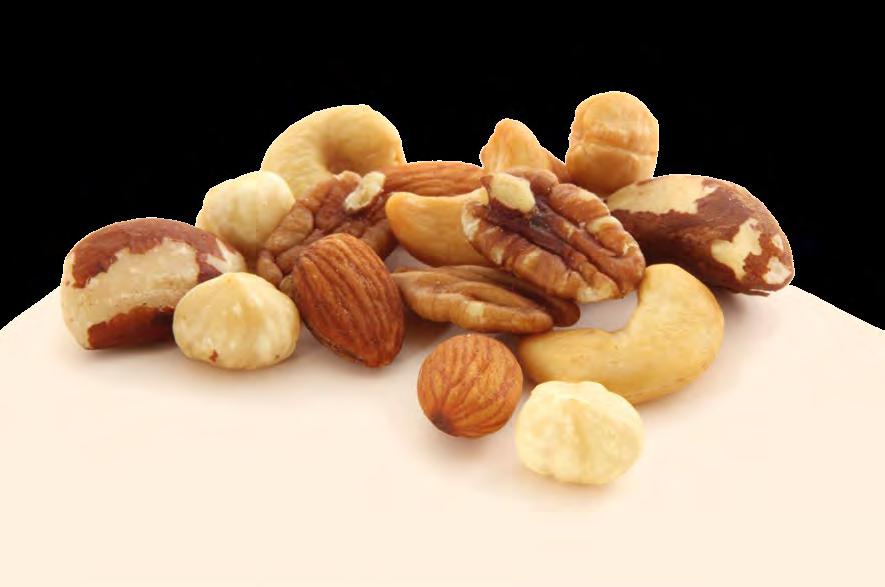
3 minute read
Segment magazine 4
from Segment magazine 4
Mood Food
What you eat affects not only your physical health but also your mental health. You can improve your mental well-being by making changes to your diet. Fortunately, the eating habits that keep you mentally well are those that support your physical health too. Here are six nutritious foods that can help boost your mental health:
Yoghurt
Yoghurt and other products containing active cultures are excellent sources of probiotics. Often associated with digestive health, some probiotics have been shown to play a role in reducing stress and anxiety. Yoghurt can also provide you with potassium and magnesium, which helps oxygen reach the brain, further improving its ability to function.

Berries
Berries are rich in phytochemicals called anthocyanins, powerful antioxidants which help protect cells from damage by harmful free radicals. Found in deeply pigmented red, blue, and purple foods anthocyanins are great for the brain as they help reduce inflammation that is linked to depression. Anthocyanins have also been shown to improve memory, strengthen the heart and reduce the risk of certain cancers.

Avocados are rich in several stress-relieving B vitamins as well as the antioxidant vitamin E and heart-healthy fat that may help to lessen anxiety. The brain needs B vitamins for healthy cell structure and the production of neurotransmitters, like serotonin, which influences our mood. A deficiency of B vitamins has been linked to increased anxiety in some people. Monounsaturated fats found in avocados have anti-inflammatory properties that may lower the risk of depression.

Whole Grains & Legumes
Rich in B vitamins, whole grains are important for energy and optimal brain health. Whole grains and legumes, such as beans and lentils, are both excellent sources of quality carbohydrates, meaning they’re slowly digested and provide sustained brain fuel, helping you feel energised throughout the day. Whole grains and legumes are also naturally high in tryptophan, an essential amino acid that is important for the production of serotonin in the body, commonly known as the feelgood mood-stabilising hormone. Legumes are also an excellent source of magnesium and zinc, both of which have been linked with improved brain health.

Nuts
Some nuts, like walnuts, are a source of omega-3 fatty acids and may help reduce the risk of depression. Cashews are a good source of magnesium which plays a role in neurological health. Almonds contain a compound called phenylalanine, which is shown to help the brain produce dopamine and other neurotransmitters that support your mood. Another benefit to nuts is that they are a great source of unsaturated fat, and research suggests that people who eat more unsaturated fat (and less saturated fat) are less likely to have anxiety.

Salmon & other oily fish
Salmon contains high amounts of omega-3 fatty acids, which have been found to reduce the risk of depression and dementia and help improve mood. Their anti-inflammatory and antioxidant powers are thought to promote healthier brain cells and reduce brain deterioration related to ageing. Salmon contains a naturally high-occurring amount of vitamin D and has been linked to lower rates of depression. Other types of fish high in omega-3 fatty acids include tuna, mackerel, sardines, and herring.








